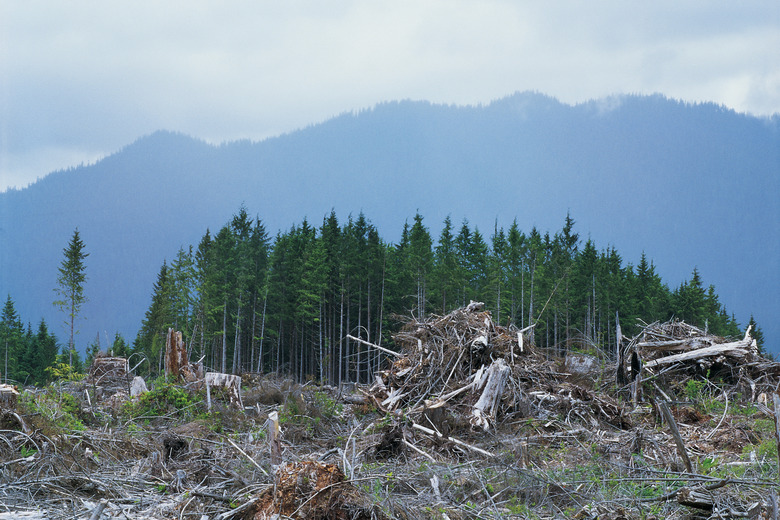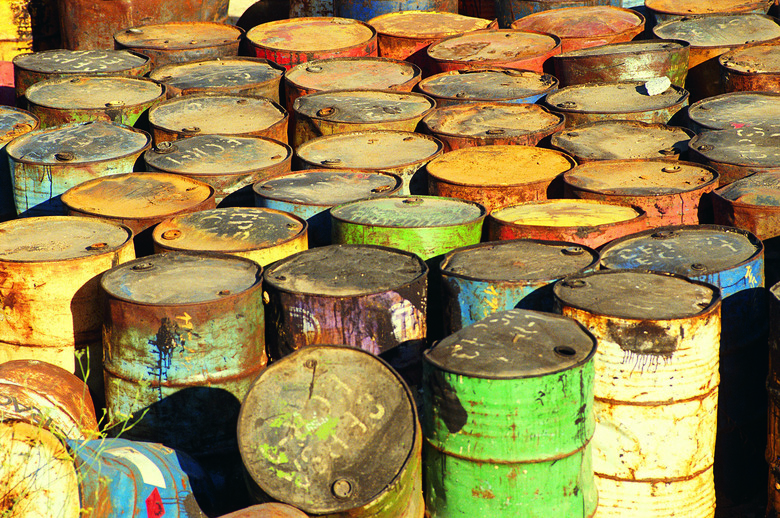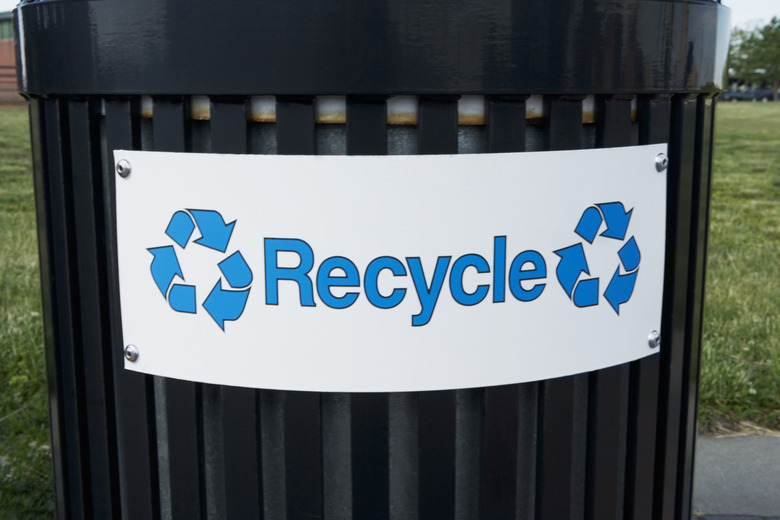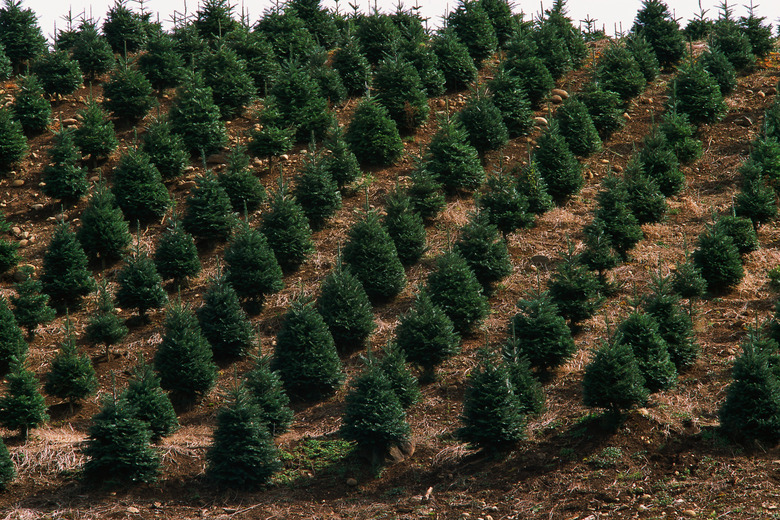How Can We Prevent Land Pollution?
Land pollution refers to the degradation of the land due to human activities, such as the exploitation of minerals, poor disposal of waste and improper utilization of soil. Deforestation, urbanization and industrialization are the factors responsible for land pollution. These processes have destroyed habitats and polluted the environment–affecting animals and humans. One of the chief reasons for the land pollution is disposal of solid waste obtained from human and animal activities. Non-biodegradable material that cannot be broken down or decomposed is dumped onto the environment.
Reduce toxic materials
Step 1
Reduce toxic materials. Waste materials that are disposed of should have minimal toxic materials. This can be done by treating the waste materials with various chemicals to make them less toxic. Once the waste is treated, it can be disposed of using responsible methods. Harmful chemicals can also be replaced with less toxic, biodegradable materials.
Step 2
Recycle waste materials. As explained by the Stanford Recycling Center, each American throws away 7 1/2 lbs. of garbage. Garbage requires land fills, which takes up large amounts of land.
Step 3
Buy organics products, especially organic cleaners, pesticides, insecticides and fertilizers. The advantage of using organic products is that they are biodegradable and friendly to the environment.
Step 4
Avoid littering. Excessive littering is one of most common reasons for land pollution.
Step 5
Take initiative to inform others about the harmful effects of littering. Organic wastes must be disposed off in areas that are far from human or animal habitation. Waste like plastic, metals, glass and paper must be recycled and reused.
Step 6
Improve fertility of the land by reforesting. Soil in forested lands are far more fertile than soil without trees, suggesting that trees have the ability to fertilize land.
Step 7
Find land far away from natural environments to dump wastes that cannot be disposed of and are essential to industrial processes.
TL;DR (Too Long; Didn't Read)
Organizations exist that are devoted to preventing pollution. One such organization is the National Pollution Prevention Roundtable.
Anaerobic decomposition methods can convert waste into manure usable in fertilizing land.
Warning
Waste cleanup can be very expensive. Waste prevention is far more economical than waste cleanup.
Cite This Article
MLA
Pearson, Charles. "How Can We Prevent Land Pollution?" sciencing.com, https://www.sciencing.com/how-can-we-prevent-land-pollution-13643508/. 26 September 2017.
APA
Pearson, Charles. (2017, September 26). How Can We Prevent Land Pollution?. sciencing.com. Retrieved from https://www.sciencing.com/how-can-we-prevent-land-pollution-13643508/
Chicago
Pearson, Charles. How Can We Prevent Land Pollution? last modified March 24, 2022. https://www.sciencing.com/how-can-we-prevent-land-pollution-13643508/






